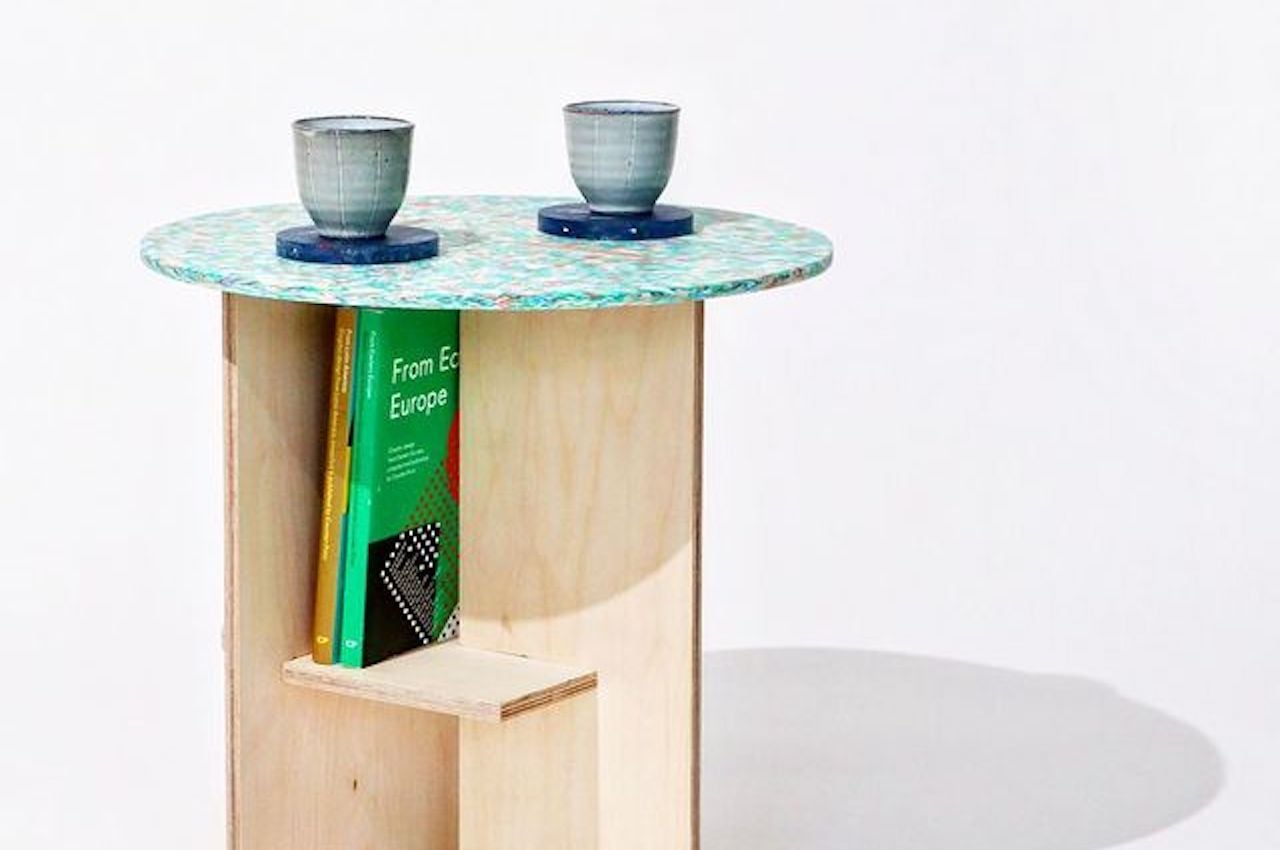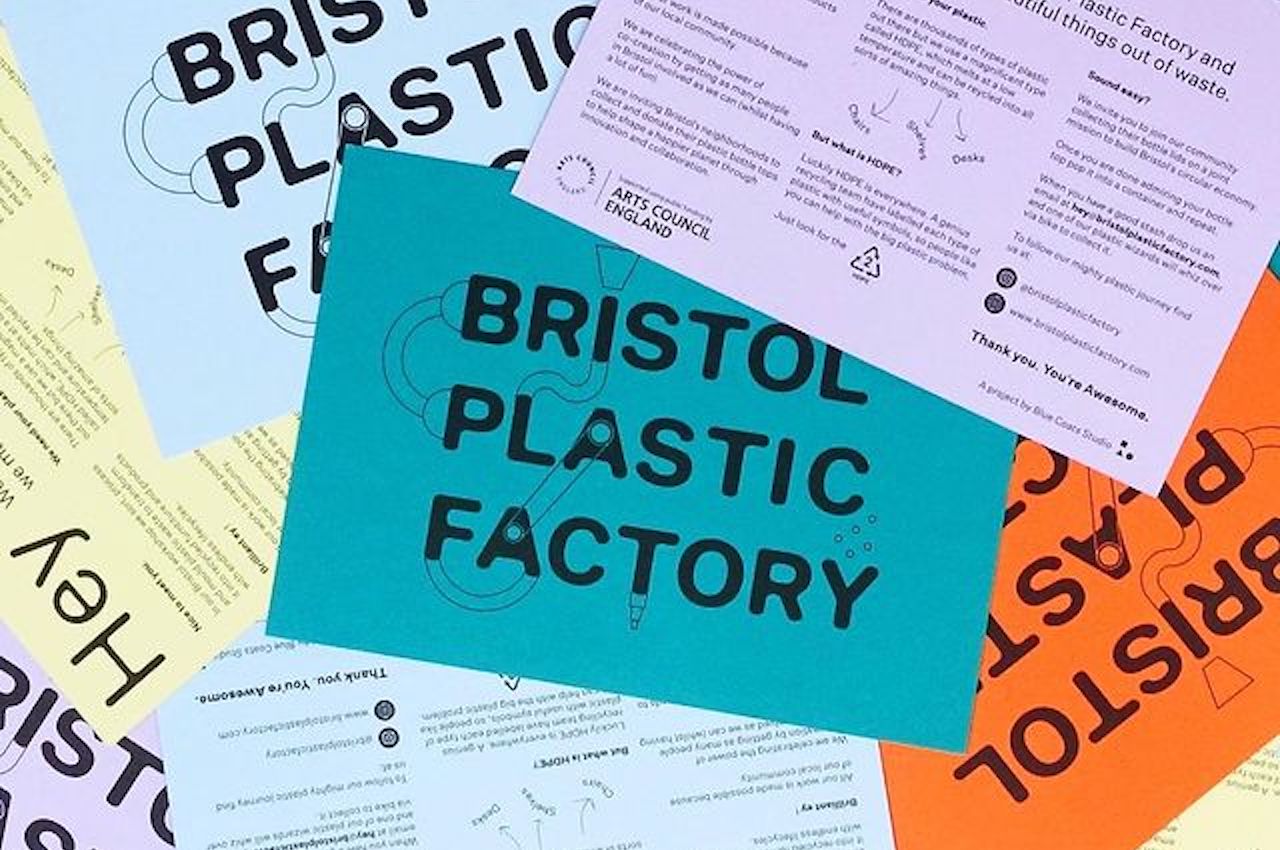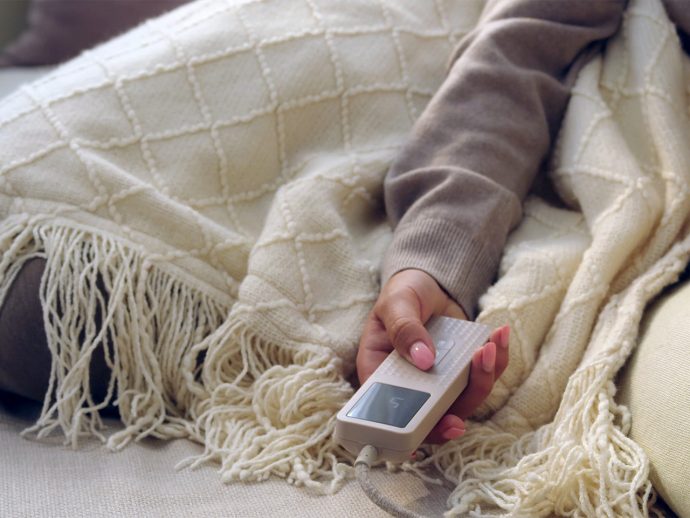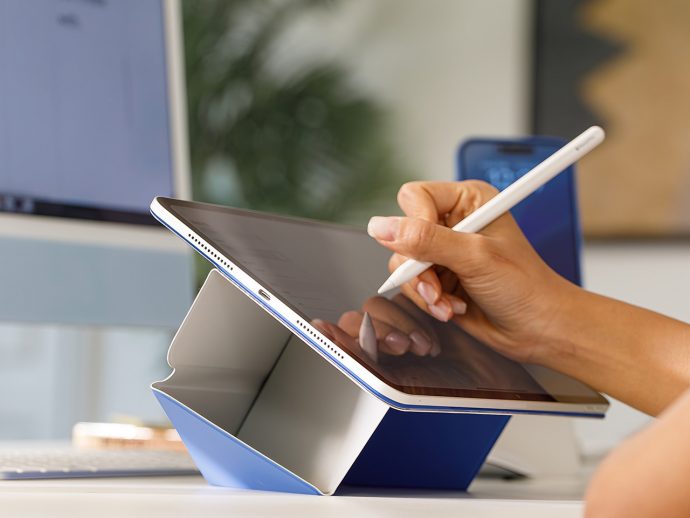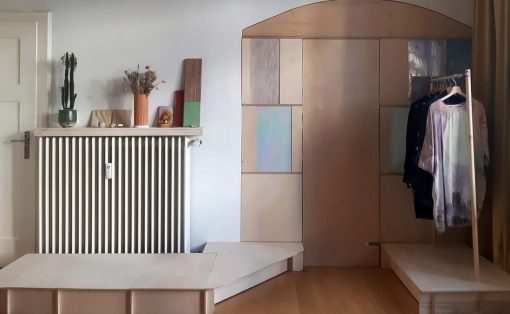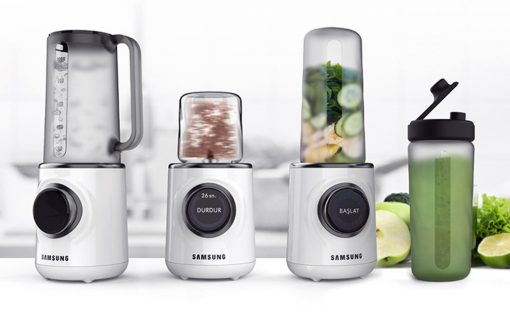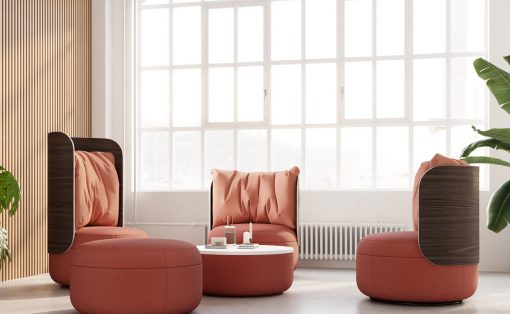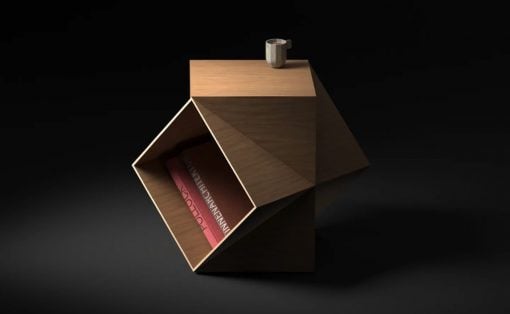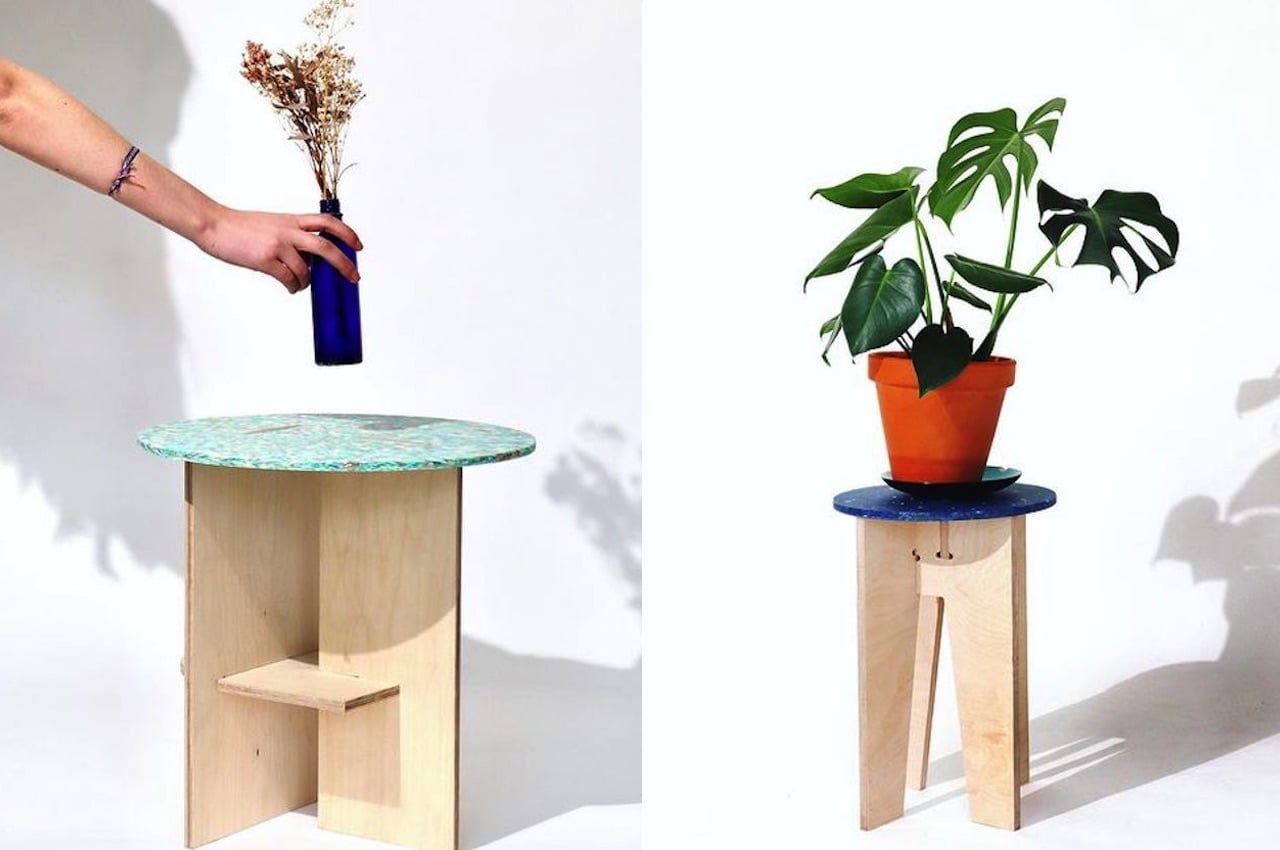
Eva Gilder-Hodgson knew how to make the most of the lockdown. Amid the pandemic in January 2021, she started Bristol Plastic Factory in her neighborhood. She has been into design and owns a studio that focuses on interior architecture, furniture pieces, and graphic design and is now venturing into more sustainable design.
Eva is committed to creating and finding joy in making and delivering a beneficial impact. She founded Bristol Plastic Factory, intending to explore opportunities on recycled plastic. The possibilities are endless, but there is a need for research, development, and implementation.
Designer: Eva Gilder-Hodgson
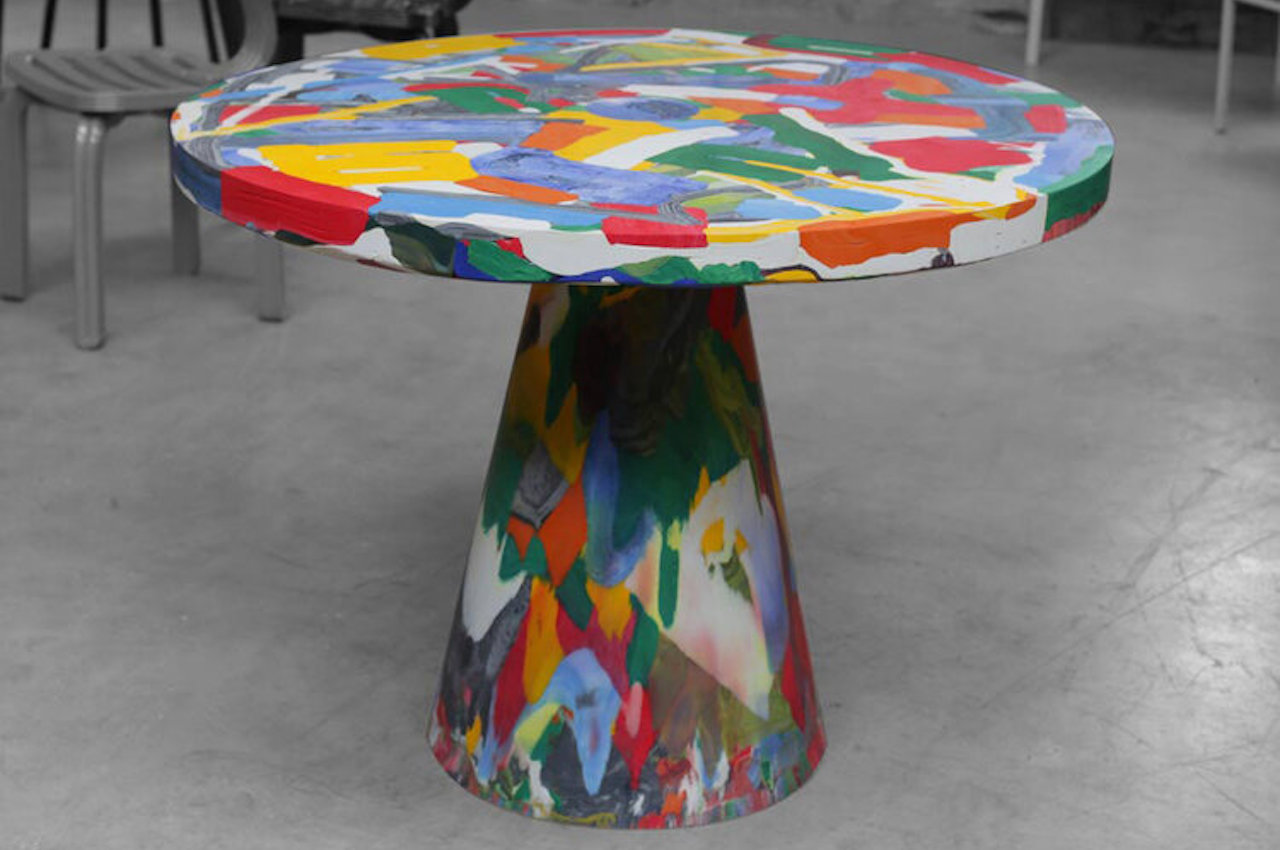
The Bristol Plastic Factory aims to transform waste plastic into products with endless lifecycles. Its mission is to bring together design and technology to “make beautiful things out of recycled waste.” The workshop became a place for the designers to build new things from sheet material made of recycled and recyclable plastic waste. Some furniture pieces have been made starting from prototypes and the studio soon received funding. The community where the studio is based also saw people helping by giving their plastic bottle lids.
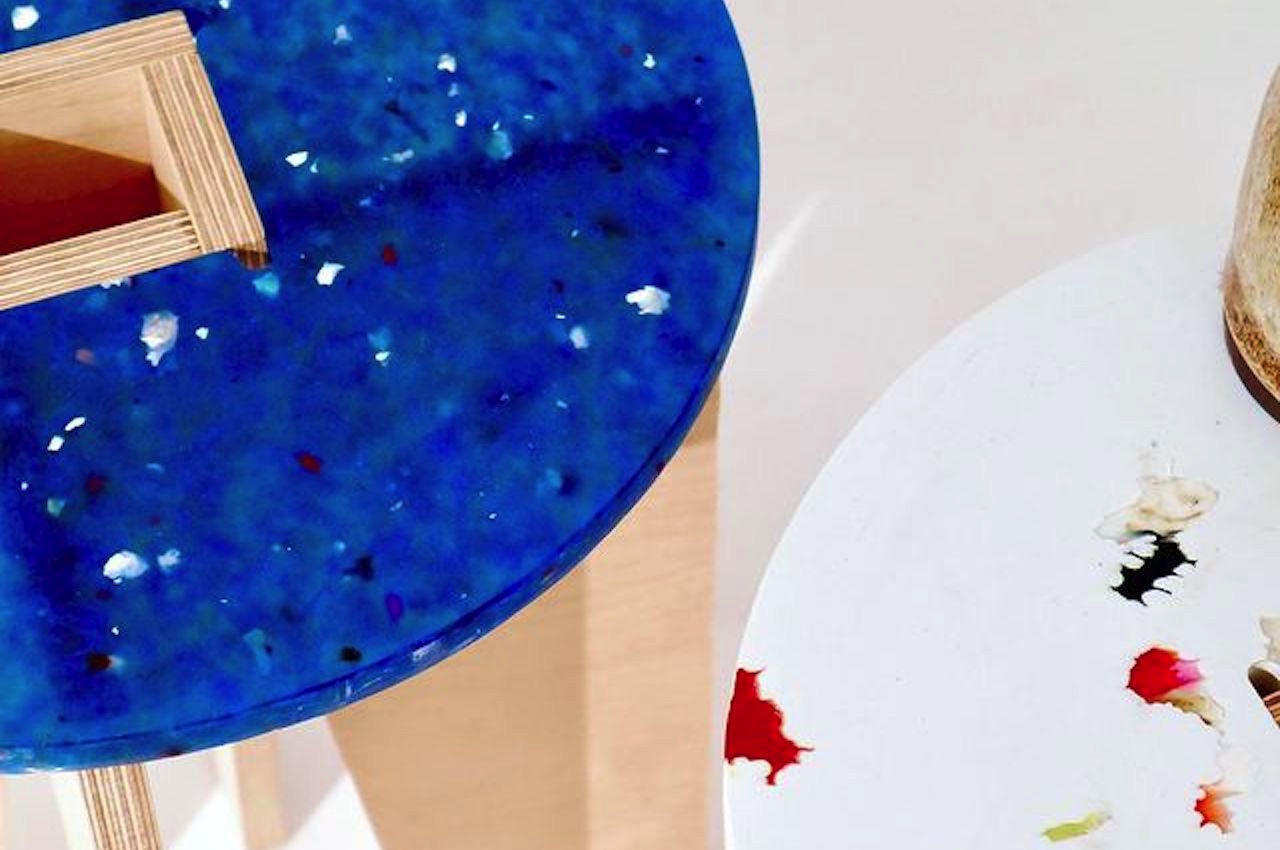
The waste product material is then transformed into different recycled products from plastic bottle tops. The Bristol Plastic Factory partnered with The Factory in Knowle West and asked for help recycling Bristol’s plastic waste, specifically, the plastic lids. The process set by the studio seems simple but requires hard work. First, plastic is collected, which can be achieved if more people give. The more people collect plastic, the more sheet material can be set for use to design furniture pieces.
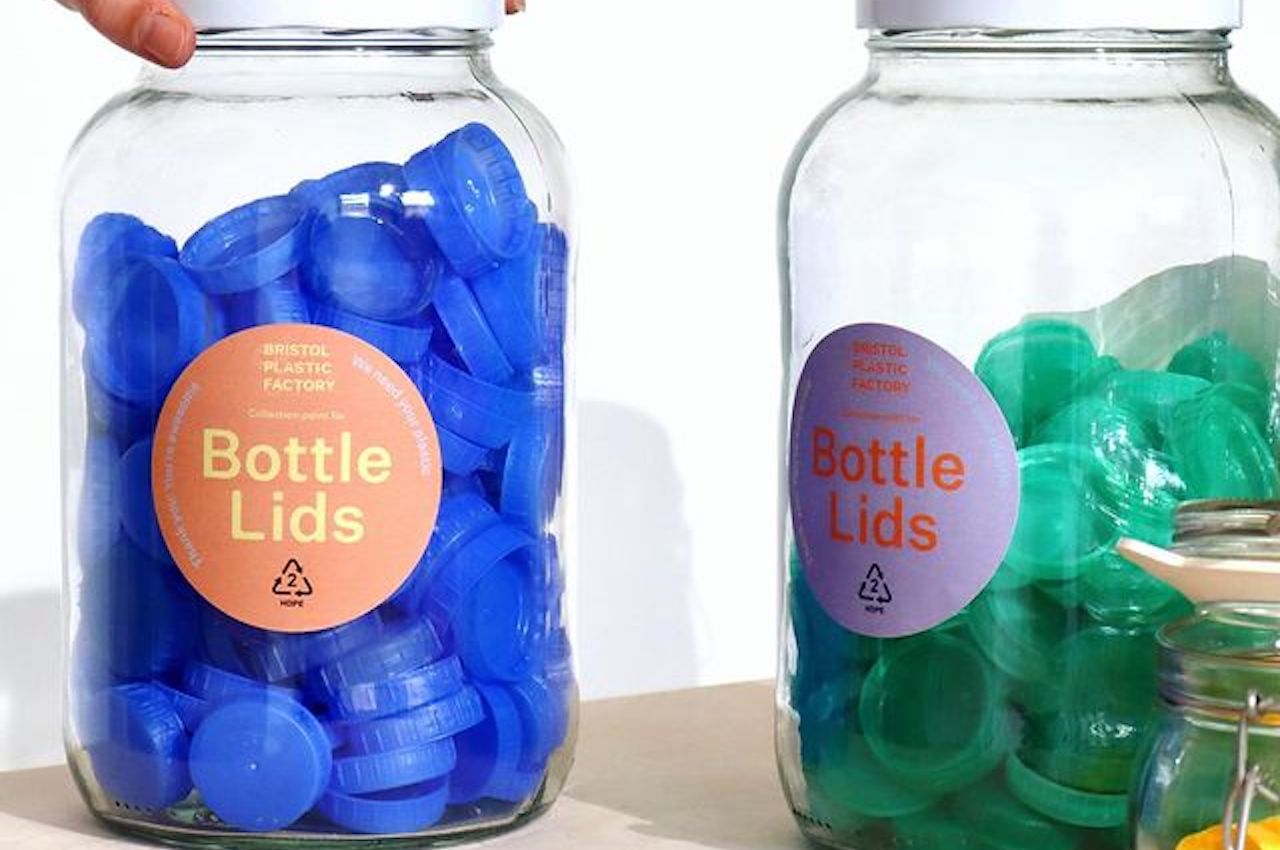
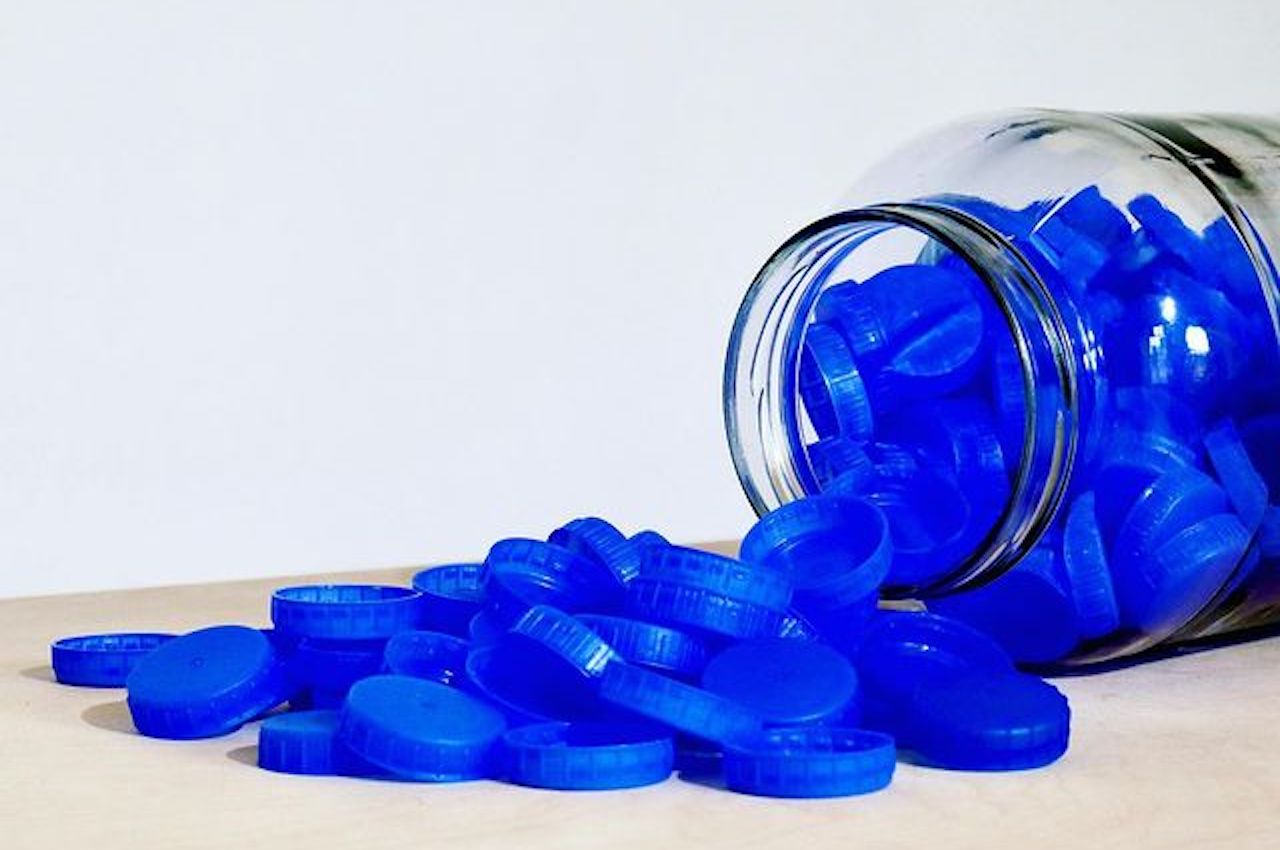
The next step is to recycle, which starts by shredding and then heat-pressed by a manufacturing partner. To make the recycling process easier, the bottle lids should be of the same type of HDPE plastic. This makes the material melt and be molded easily. The sheet material is then CNC milled and then used to make different recycled products.
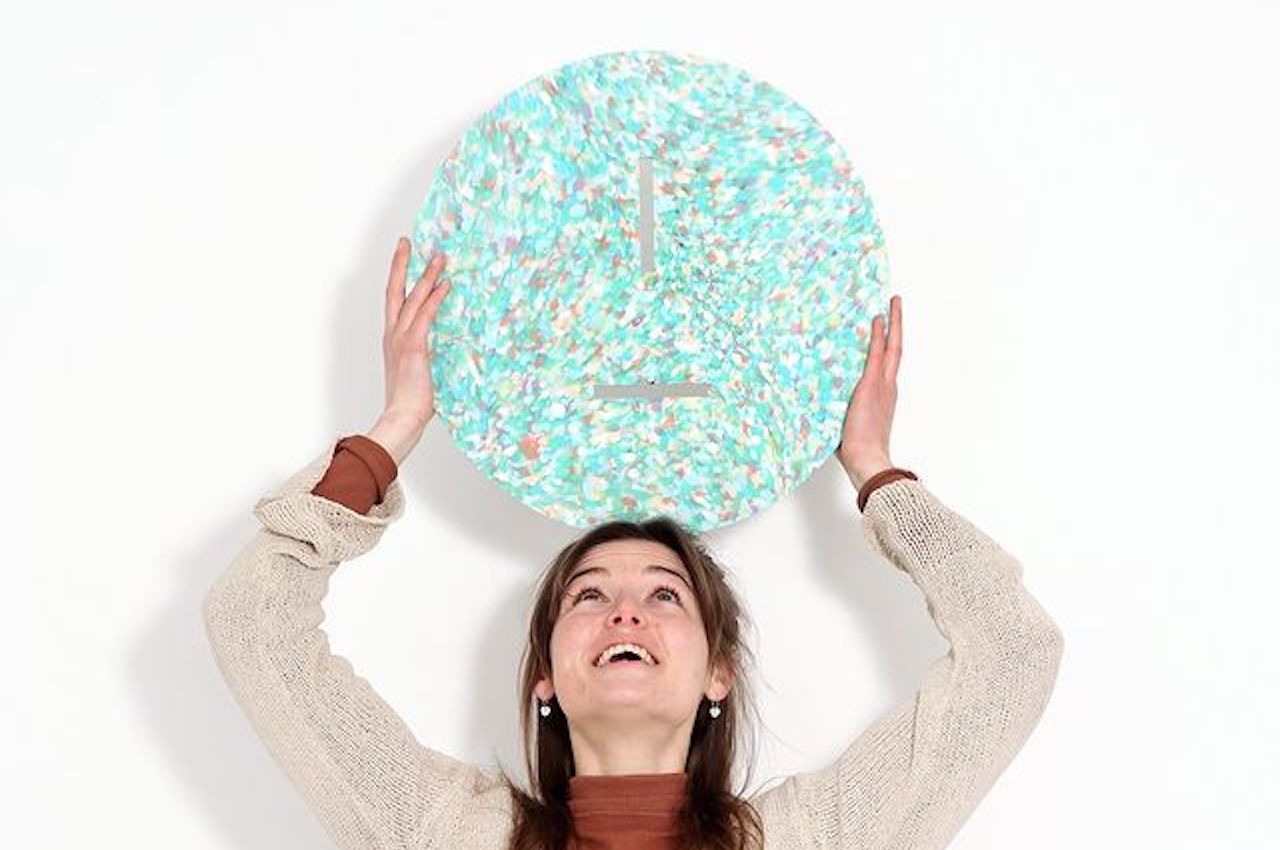
The first collection has yet to launch this summer, and we can expect it to show us what sustainable design is all about. So far, the Bristol Plastic Factory has come up with tables. We can imagine more furniture items can be made like chairs, shelves, or even small cabinets.
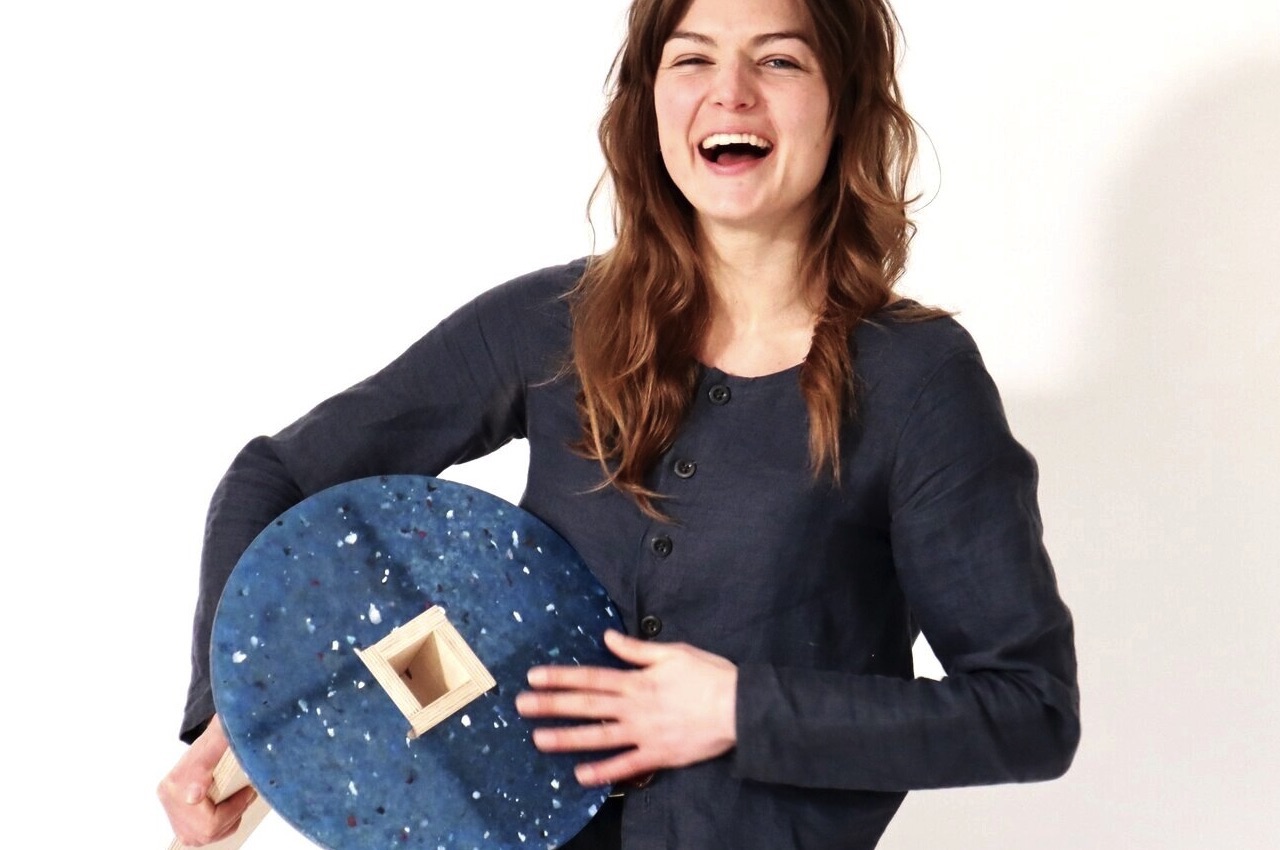
Designer Eva Gilder-Hodgson had several inspirations. The first one was Precious Plastic—a global non-profit project that educates designers on how to take advantage of recycled plastic. The group also offers machinery blueprints and open-source resources to interested designers.
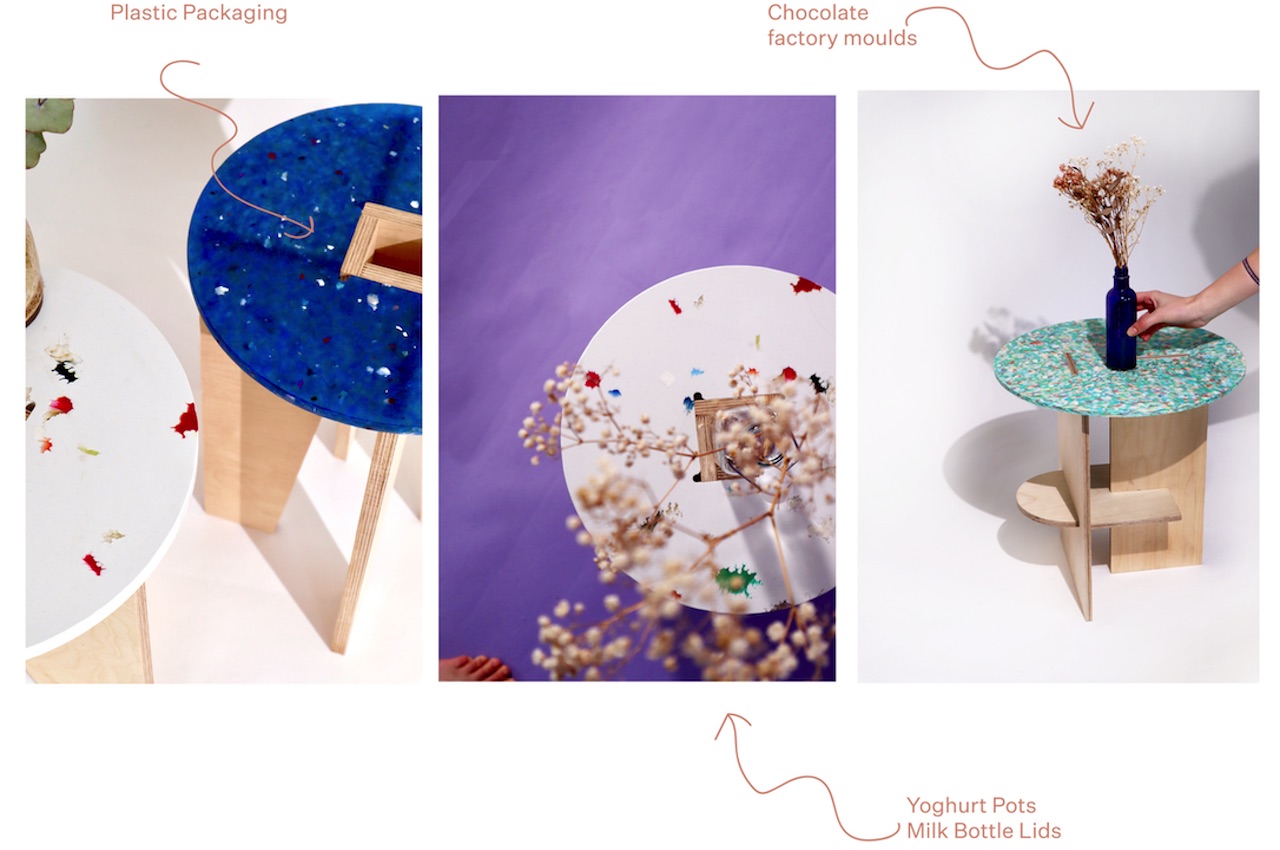
Precious Plastic now has a community of people finding ways to solve the plastic waste problem. The goal is to discover innovative solutions using different methods like “injection molding, heat-pressing and extracting.” For example, the group has recently introduced an open-source brick design that can be used for temporary structures. The bricks are made from 100% injection-molded plastic and may be used for public buildings, low-cost housing, or shelters.
Precious Plastic has also inspired other companies like Gomi Designs. The latter already made portable chargers handmade from waste plastic and reclaimed batteries. The products are sustainable yet come with top-notch quality. Eva’s studio is now exploring the same as Precious Plastic and Gomi Designs to make recycled products for a more sustainable future. The potential of waste plastic is huge, and the Bristol Plastic Factory can definitely help contribute to environmental awareness.
